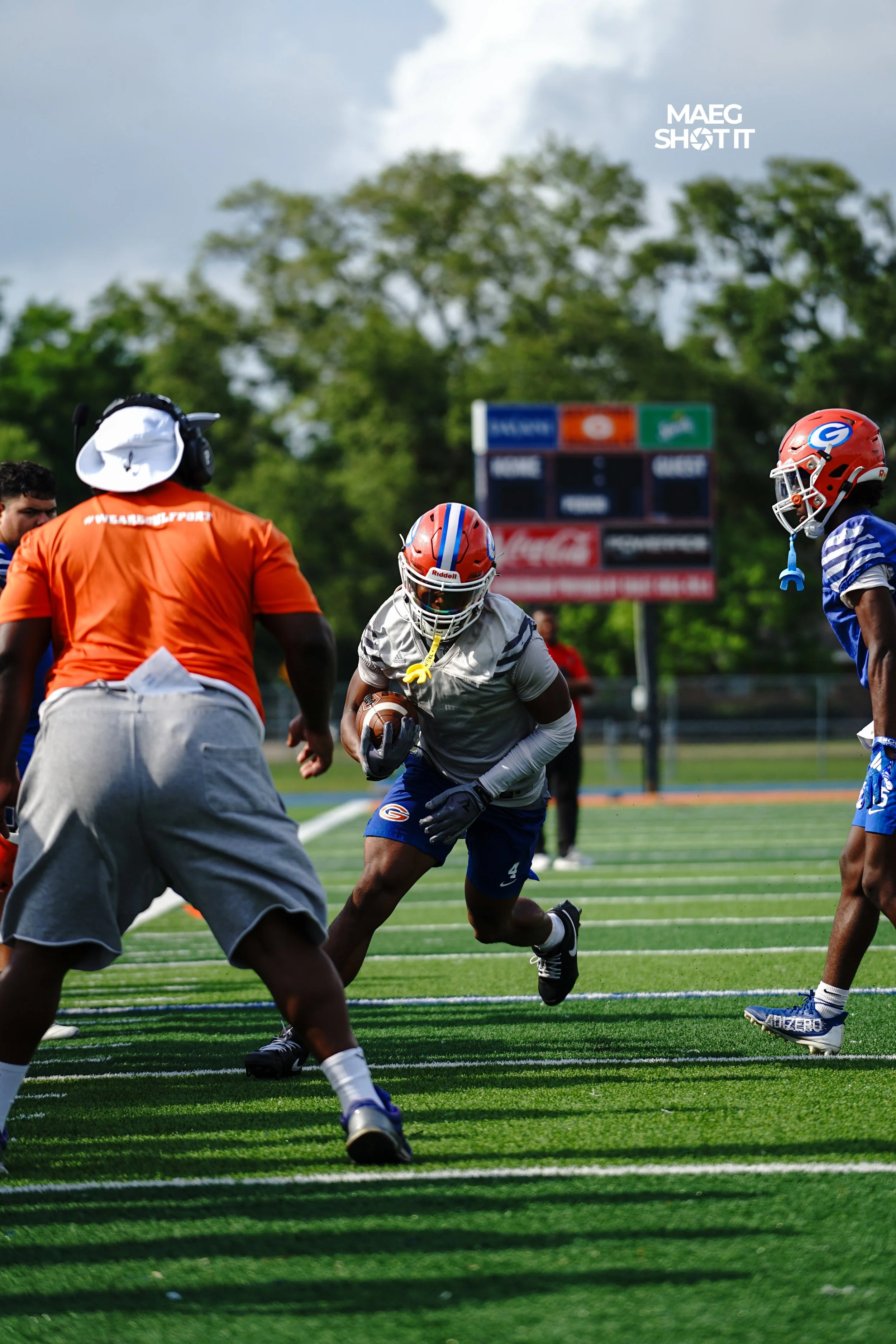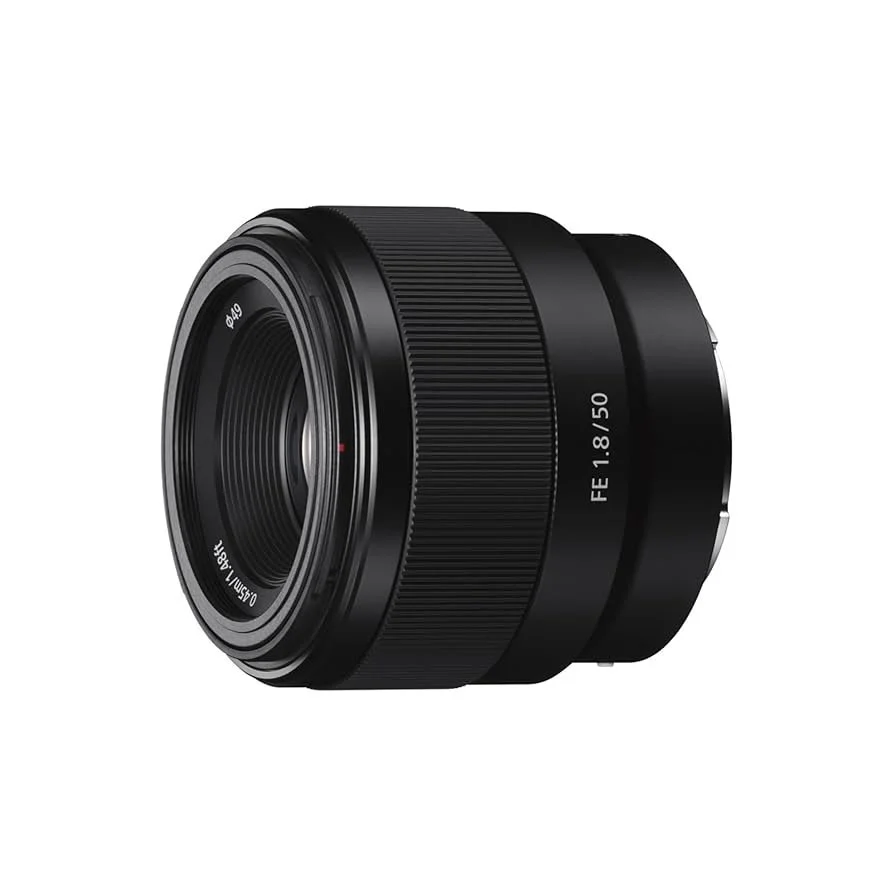IN THIS LESSON..
I Want to Start Photography, but Where Do I Begin?
The first step to becoming a photographer is getting your own gear. With so many brands out there, it’s easy to feel confused about what to buy, especially depending on what you want to shoot. I’m here to keep it simple.
I recommend starting with one of these two cameras:
Sony a7iii— A solid mirrorless option with great image quality. It usually costs under $1,000.
Canon Rebel T7 — A reliable DSLR that’s easy to learn. This one also typically stays under $1,000.
Take a look at a photo I shot on my Sony a7ii, along with a video filmed on my Canon Rebel T4i.
PICK THE RIGHT GLASS.
If you're planning to shoot sports, I recommend a 70-200mm lens. It’s great for football and other outdoor sports where you need to capture action from a distance. For sports like basketball or other fast-paced games, a 35-150mm lens gives you flexibility with movement and angles.
For more up-close or everyday shooting, a 24-70mm lens is a great all-around option. It works well in a lot of situations and gives you a good range for both wide and tight shots.
If you're interested in portrait photography, I highly recommend getting a 50mm lens. It's often called the “nifty fifty” because of how sharp and flattering it is for faces. It’s also usually more affordable and performs well in low light.
When choosing lenses, make sure to look at f-stop or aperture, which is labeled as f/4, f/2.8, or even f/1.8. This affects how much light your lens lets into the camera. I started with an f/4 70-200mm, and it still works well for me. But if your budget allows, lenses with f/2.8 or lower will give you better results in low-light settings and give your photos a more professional look.
What Else Do I Need?
Now that you’ve got your camera and lenses picked out, there are a few more things you’ll want to have so you’re fully ready to shoot. These items might not seem like a big deal at first, but they make a huge difference in how prepared and professional you feel.
Memory Cards
A memory card is what stores all of your photos and videos. I recommend getting at least a 64GB SD card with fast write speeds, especially if you’re planning to record video. Always carry a backup card so you don’t run out of space or lose shots during a session.
Camera Bag
A good camera bag keeps your gear safe and makes traveling with your equipment easier. Look for one that fits your camera body, a couple of lenses, and maybe a laptop or tablet if you plan to edit on the go. You’ll thank yourself later for staying organized.
Editing Software
Once you start shooting, you’ll want to edit your work to give it that final, polished look. A great beginner-friendly option is Lightroom Mobile, which is free and easy to learn. It works on both phone and tablet and gives you a lot of control over your colors, lighting, and overall image style.









